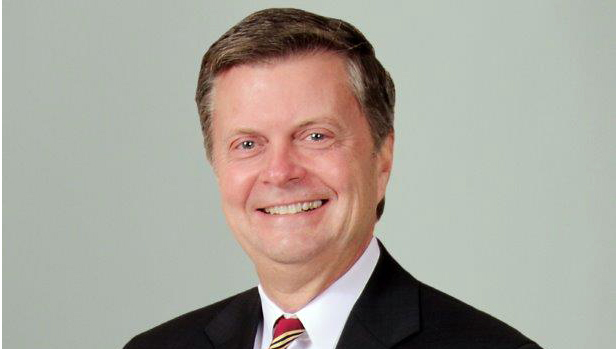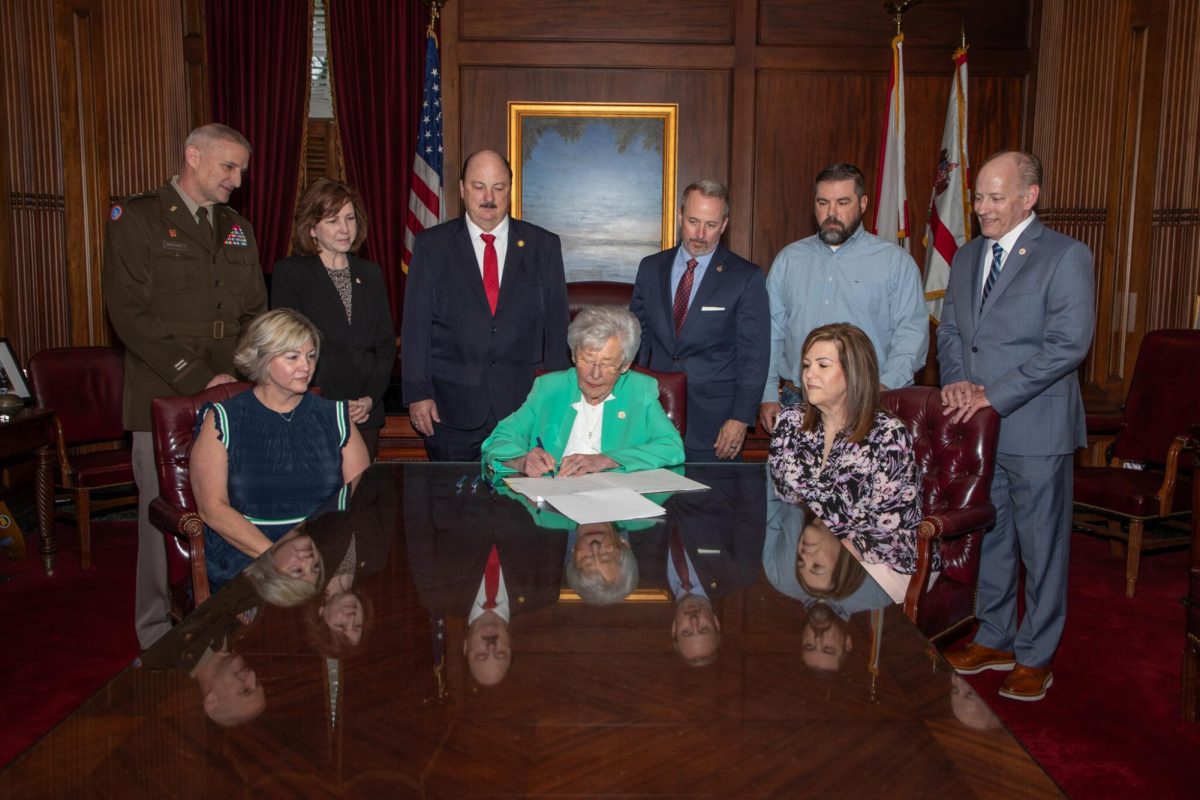After being unanimously appointed as Chancellor Robert Witt’s successor for The University of Alabama System, Ray Hayes feels confident in his ability to do the job justice.
“Everybody was kind of anxious about, you know, what’s gonna happen when Bob Witt retires,” said Vice Chancellor of System Relations Kellee Reinhart. “There was just an up-swelling of concern about that, and people feel that this is the most optimum outcome.”
Upon the hiring of Hayes, concerns arose about the narrowness in the search for Witt’s successor. However, President Pro Tem Karen Brooks addressed those concerns in a statement after the announcement.
“With more than 35 years of senior administrative leadership in higher education, Ray Hayes has been integral to the success of our campuses,” she said. “From my perspective, there is no one in the country with a sharper focus on the future of higher education than Ray Hayes.”
Most of Hayes’ experience has been up close with campuses, especially from the financial point of view, so facing those challenges in universities does not worry him.
“I think I have enough gray hair to be comfortable with that,” he said.
The funding for the universities in the UA System has seen many input changes in the past 10 to 20 years. Less than 8 percent of the $5.5 billion given to the system came from the state, whereas revenue from tuition used to be less than that from the state.
However, Hayes doesn’t think all hope is lost thanks to research grants, gifts and the like.
“When you look at the pie charts, you’ll see those other revenue streams increasing,” he said. “The percentage of the pie is getting larger and it has to be in order to survive and thrive in the future.”
Hayes said he worked closely with Witt for the past three years as the executive vice chancellor for finance and operations and plans to continue that relationship through this transition year.
“I’m looking forward to this year, to continuing to work and learn from [Witt],” he said.
Reinhart said the main focus right now is ensuring a seamless transition; Hayes agreed and said he hasn’t made a specific plan of action for his first year because it’ll depend on the campuses.
“We’ve got a new president on the campus here, and he’s kinda in his first few months and getting to learn things,” he said. “The focus will depend on what the campuses want and if we can afford it.”
Hayes doesn’t foresee any big changes in the system’s future, but he plans to keep an open ear to the people.
“Our whole reason for existence is to support the campuses in our system,” he said. “That’s where we need to focus.”









